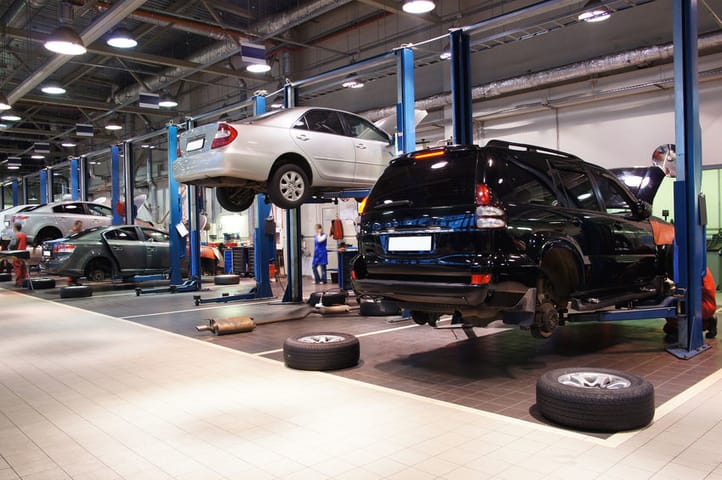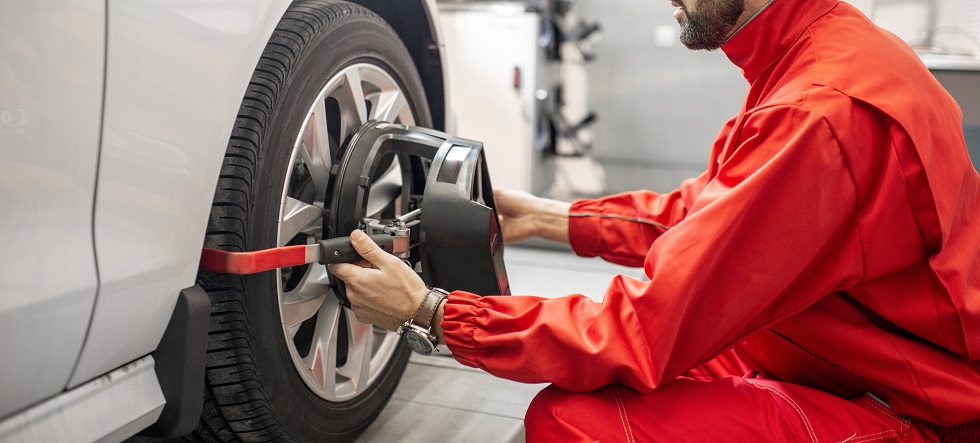All Categories
Featured

Your auto's engine is the heart of your car, and maintaining it in top problem is crucial for optimal performance and long life. Normal engine tune-ups are an excellent method to preserve your auto's health, improve fuel effectiveness, and stay clear of expensive repair services down the roadway. Whether you're a cars and truck lover or someone who just wants to maintain their automobile running smoothly, these engine tune-up tips will certainly help you obtain the most out of your vehicle.
- Replace Glow Plugs. Trigger plugs play an important role in beginning your engine and guaranteeing smooth combustion. Gradually, ignition system can come to be unclean or broken, bring about misfires, reduced fuel efficiency, and rough idling.
During an engine tune-up, examine and replace your ignition system if required. A lot of vehicles call for brand-new ignition system every 30,000 to 100,000 miles, relying on the type. Routinely changing spark plugs guarantees appropriate ignition and optimal engine performance.
- Check and Clean the Air Filter. The air filter prevents dust, dirt, and particles from entering your engine. A clogged up or unclean air filter limits airflow, creating your engine to work tougher and shed even more gas.
Evaluate your air filter during a tune-up and change it if it's unclean. In dirty atmospheres or areas with hefty pollution, you might require to alter the air filter much more regularly. A tidy air filter can boost fuel effectiveness and expand the life of your engine.
- Check and Change Belts and Pipes. Belts and hose pipes are vital for various engine features, such as powering the generator, water pump, and a/c system. Over time, these parts can split, battle royal, or wear, potentially resulting in failures.
During a tune-up, check belts and tubes for indications of wear and change them if needed. Replacing these parts proactively can conserve you from costly fixings and stop unanticipated failures.
- Tidy the Fuel System. Your fuel system, including the fuel injectors and fuel lines, can build up dust and carbon deposits in time, lowering engine effectiveness. Cleaning the gas system during a tune-up assists enhance performance and gas economy.
You can make use of a gas system cleaner or have an expert mechanic carry out a more detailed cleaning. This action is particularly crucial for older cars or vehicles that regularly drive in stop-and-go traffic.
- Examine the Battery and Charging System. A healthy and balanced battery is crucial for beginning your engine and powering electric elements. During a tune-up, examine the battery terminals for corrosion and make certain the links are limited.
Examine the battery's voltage and change it if it shows signs of weakness. Additionally, have the alternator and billing system checked to ensure your battery remains charged during procedure.
- Modification the Engine Oil and Oil Filter. Oil adjustments are an essential component of engine maintenance. Engine oil lubes moving parts, reduces rubbing, and helps regulate engine temperature level. Over time, oil ends up being contaminated and loses its performance.
During a tune-up, change the engine oil and oil filter to maintain your engine running efficiently. Follow your lorry's maker referrals for oil kind and modification intervals.
- Check the Air Conditioning System. The air conditioning system avoids your engine from overheating. Over time, coolant can degrade or come to be polluted, minimizing its performance.
Check the coolant level and condition throughout a tune-up, and flush and replace it if needed. Check the radiator, water pump, and hoses for leakages or damages. A well-kept air conditioning system helps your engine run at the right temperature level and avoids overheating.
- Examine the Ignition System. A malfunctioning ignition system can create beginning problems and reduced engine performance. During a tune-up, check the ignition coils, distributor cap, and rotor (if applicable) Replace any type of parts that show indications of wear or damages to make certain smooth and reliable engine operation.
- Pay Attention for Uncommon Sounds. Throughout a tune-up, seize the day to pay attention for any type of uncommon engine noises, such as knocking, ticking, or hissing. These sounds can show underlying concerns, such as shutoff issues, loosened components, or exhaust leaks. Dealing with these issues early can prevent much more extensive damages.
- Usage Top Quality Parts and Fluids. When carrying out an engine tune-up, constantly use high-grade components and liquids that satisfy your vehicle maker's specifications. Cheap or wrong components can compromise your engine's performance and integrity.
Final Thought: A Well-Tuned Engine is Secret to Longevity. Normal engine tune-ups are important for keeping your automobile's efficiency, performance, and reliability. By changing used elements, cleaning essential systems, and dealing with potential issues, you can maintain your engine running efficiently for many years to find. Whether you're doing it yourself or depending on a relied on technician, buying tune-ups is a wise means to protect your car and appreciate a more secure, smoother ride.
Latest Posts
Eye Specialists South - Find the Best Eye Doctor Near Me for Comprehensive Eye Care Services.
Vision Center South - Dothan's Choice for Advanced Contact Lenses
Highlighting Longevity and Guarantee
More
Latest Posts
Eye Specialists South - Find the Best Eye Doctor Near Me for Comprehensive Eye Care Services.
Vision Center South - Dothan's Choice for Advanced Contact Lenses
Highlighting Longevity and Guarantee
